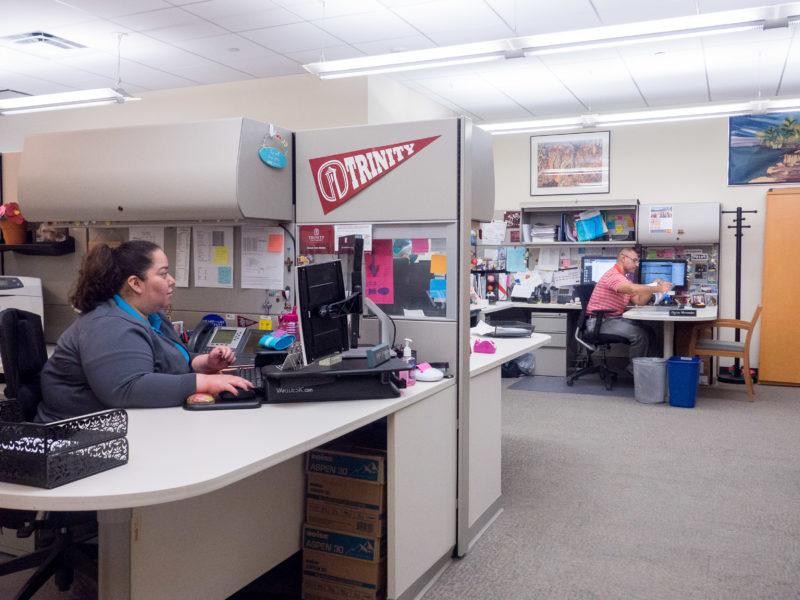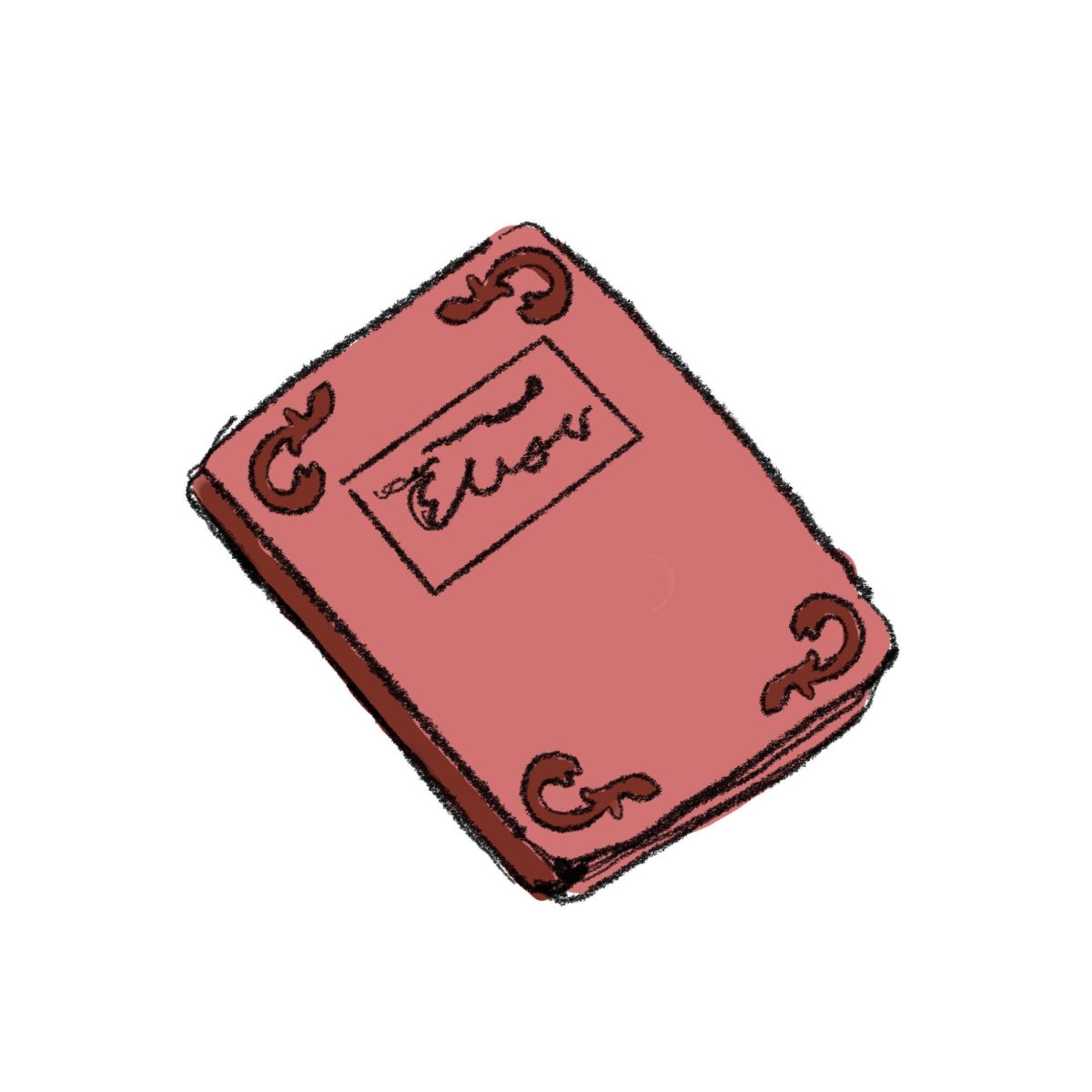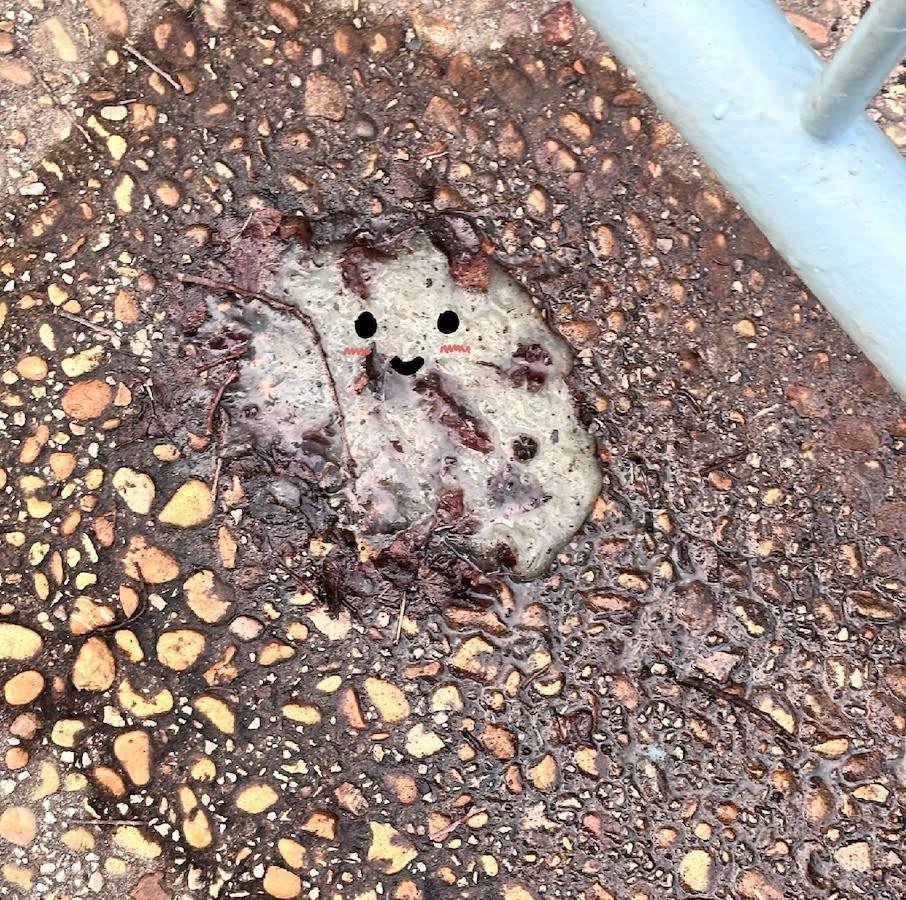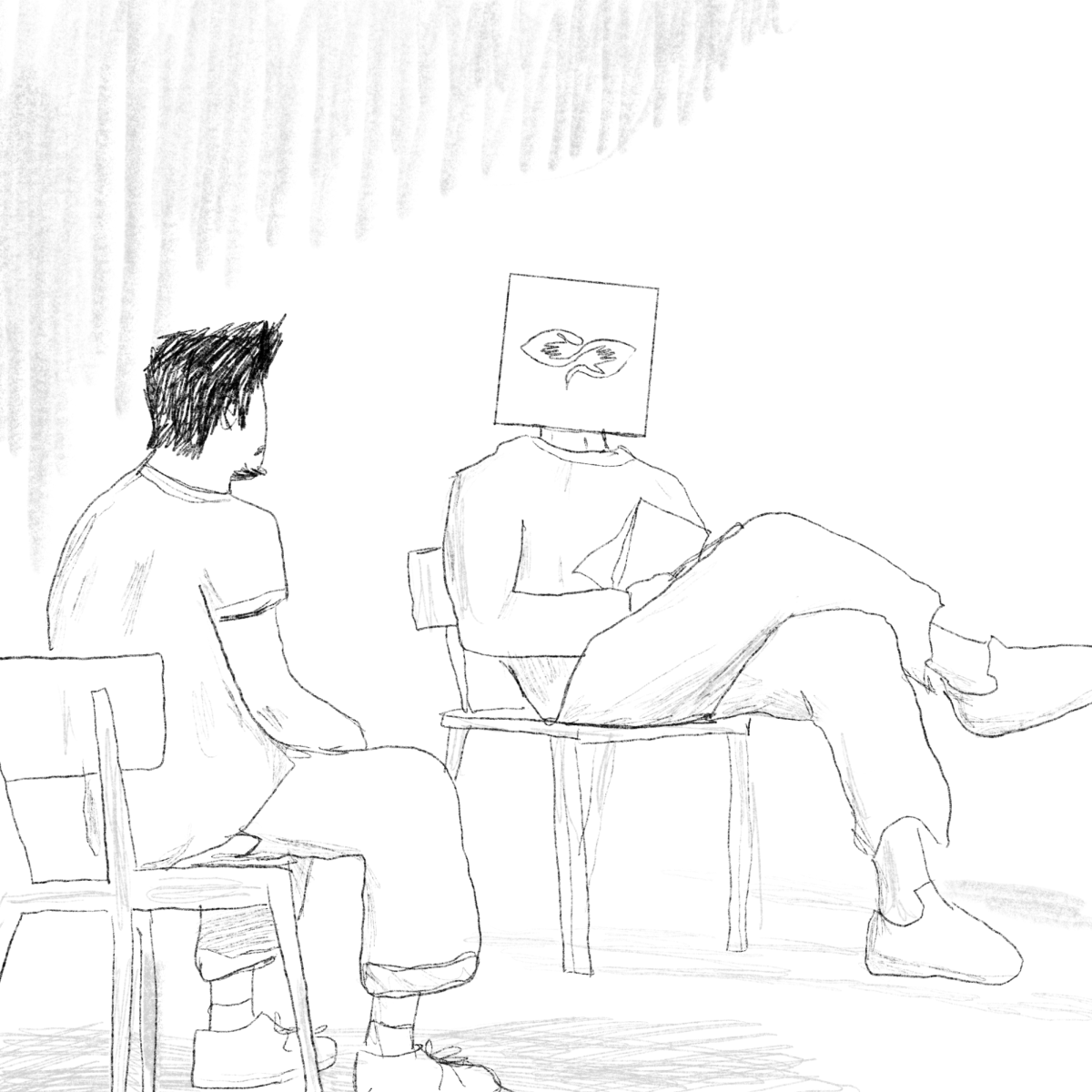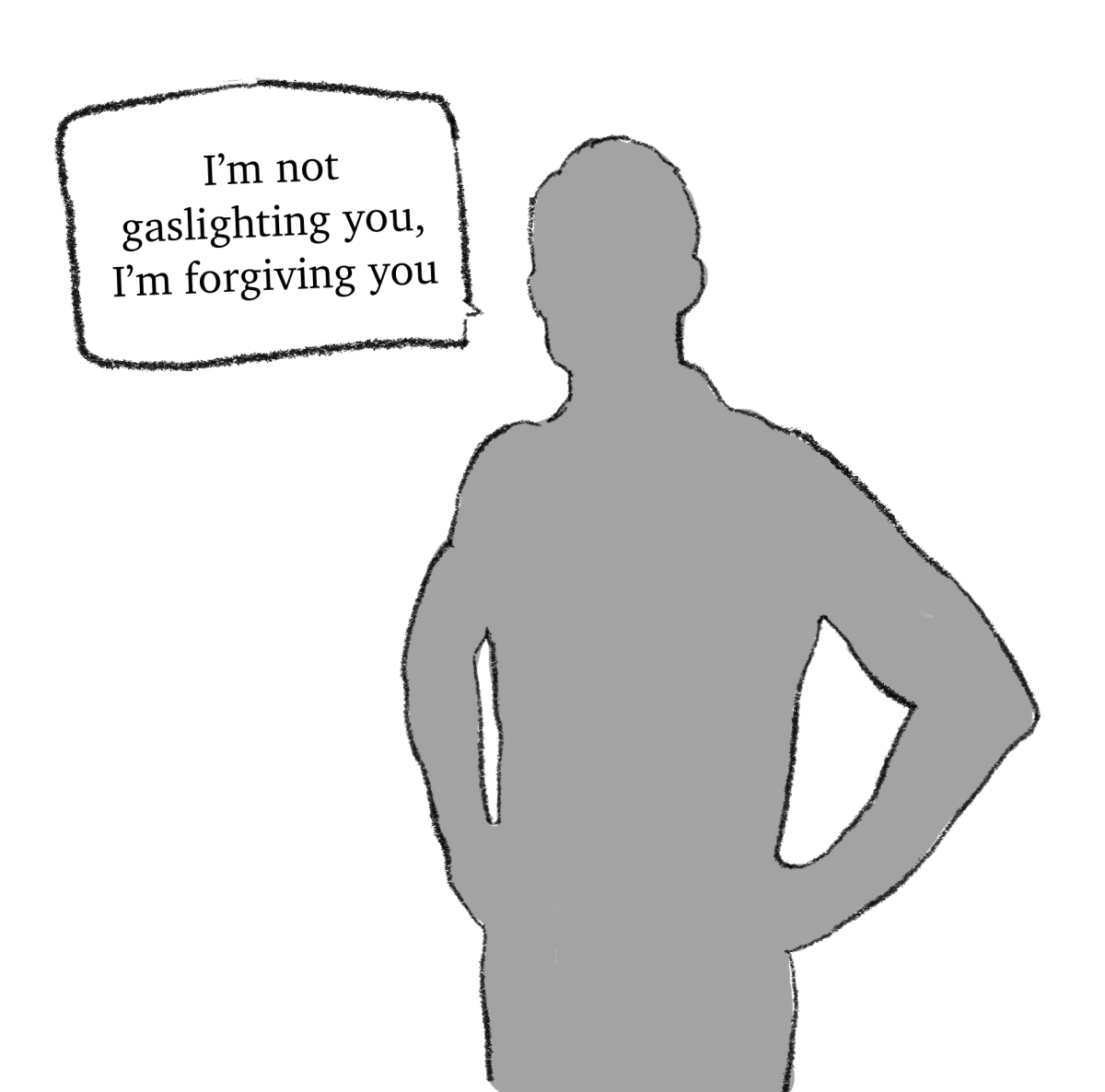The office of the registrar has simplified the selection process
As the spring semester has steadily persisted, it’s time for sophomores to answer one of the most stressful questions of their college careers: What should I major in?
While some students come in to Trinity knowing what to pursue, others are still figuring it out as they go. The important step towards graduation is not actually as frightening or complicated as students often think.
“Students come get the declaration form and they just follow the steps that are written out for them. The department chair will determine whether to accept them provisionally to the major or full acceptance to the major,” said Eve Christoffersen, the graduation coordinator in the office of the registrar.
Many students think the process is just as easy as Christoffersen makes it sound.
“It took 20 minutes to fill out the forms and another 30 minutes total to talk with the chairs and get assigned a new advisor. I don’t know how it could be easier,” said Elliot Blake, an environmental studies and geosciences double major.
Students thinking of declaring their majors should be aware of required prerequisite classes and other tasks to complete before declaration.
“You get this collection of suggested courses in different subjects, such as psychology and biology. You pick a schedule and then you write down how it applies to your path of neuroscience. Then you have to write a formal draft for it, and then that goes in front of a panel,” said Pallavi Shamapant, a sophomore neuroscience major.
Students who have already declared recommend talking to professors and peers to gain some clarity into what the best path for you is. After seeking advice from Kate Ritson, the interim chair of the art and art history department, sophomore Emme Bettes was able to declare her double major in art history and communication without a problem.
“I’m sure the major declaration seminars clarified things; I would just advise scheduling time in advance to declare because in a large department, declaring will definitely not be as easy,” Bettes said.

